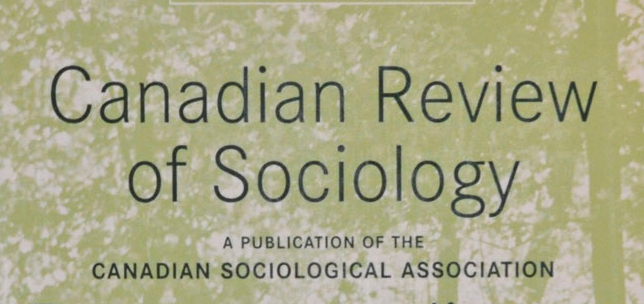Study reveals link between social class and music taste

Researchers from the University of British Columbia have released a study this week, claiming that an individual’s music preferences can reveal their social class.
The study, published in the latest issue of the Canadian Review of Sociology, interviews 1,595 adults living in Toronto or the Vancouver metropolitan area. Participants were questioned about their musical tastes, before being asked to respond favourably or unfavourably to 21 musical genres.
The 26-pageresearch paper, which TMN obtained a full copy of, concluded that members of different social classes reacted favourably to certain genres of music.
“It appears that class position is aligned with specific musical likes and dislikes,” wrote Gerry Veenstra, author of the study.
Veenstra, who is the Professor of Sociology at the University of British Columbia, found that participants from lower social classes preferred the likes of Country and Rap. Meanwhile, those from higher classes preferred genres such as Classical, Pop and Opera.
“Of the higher brow tastes, blues, choral, classical, jazz, musical theater, opera, pop, reggae, rock, and world/international are concurrently disliked by lower class people, and of the lower brow tastes, country, easy listening, and golden oldies are concurrently disliked by higher class people.”
Through an analysis of her results, Veenstra found that musical preferences led to a division between the social classes. Those from lower social classes tended to dislike music preferred by higher social classes, and vice versa.
“In other words, there is a remarkable symmetry between the likes of one group and the dislikes of the other,” he wrote.
“The majority of musical dislikes are also classed, with lower class respondents registering multiple dislikes and higher class respondents registering dislikes for genres that are themselves like by less-educated people.”
However, Veenstra acknowledges certain limitations to her research study, one being that music genre categories such as ‘rock’, ‘pop’ or ‘classical’ were too broad to capture the distinctions within categories, such as genre-blending or sub-genres within genres.
Additionally, the study was only limited to a certain number of participants, within a specific city.
“A low cooperation rate suggests that the survey sample may be biased, and the results, to the degree that they can be trusted, pertain only to the residents of Toronto and Vancouver.”
Speaking to Tone Deaf, Veenstra stated that he was unsurprised to find that musical tastes correlated with social class.
“Many different aspects of cultural life – music, sport, religion, food, etc. — are affected by social class, and so it’s perhaps not surprising that my measures of social class turned out to be empirically associated with my measures of musical tastes,” he said.

































